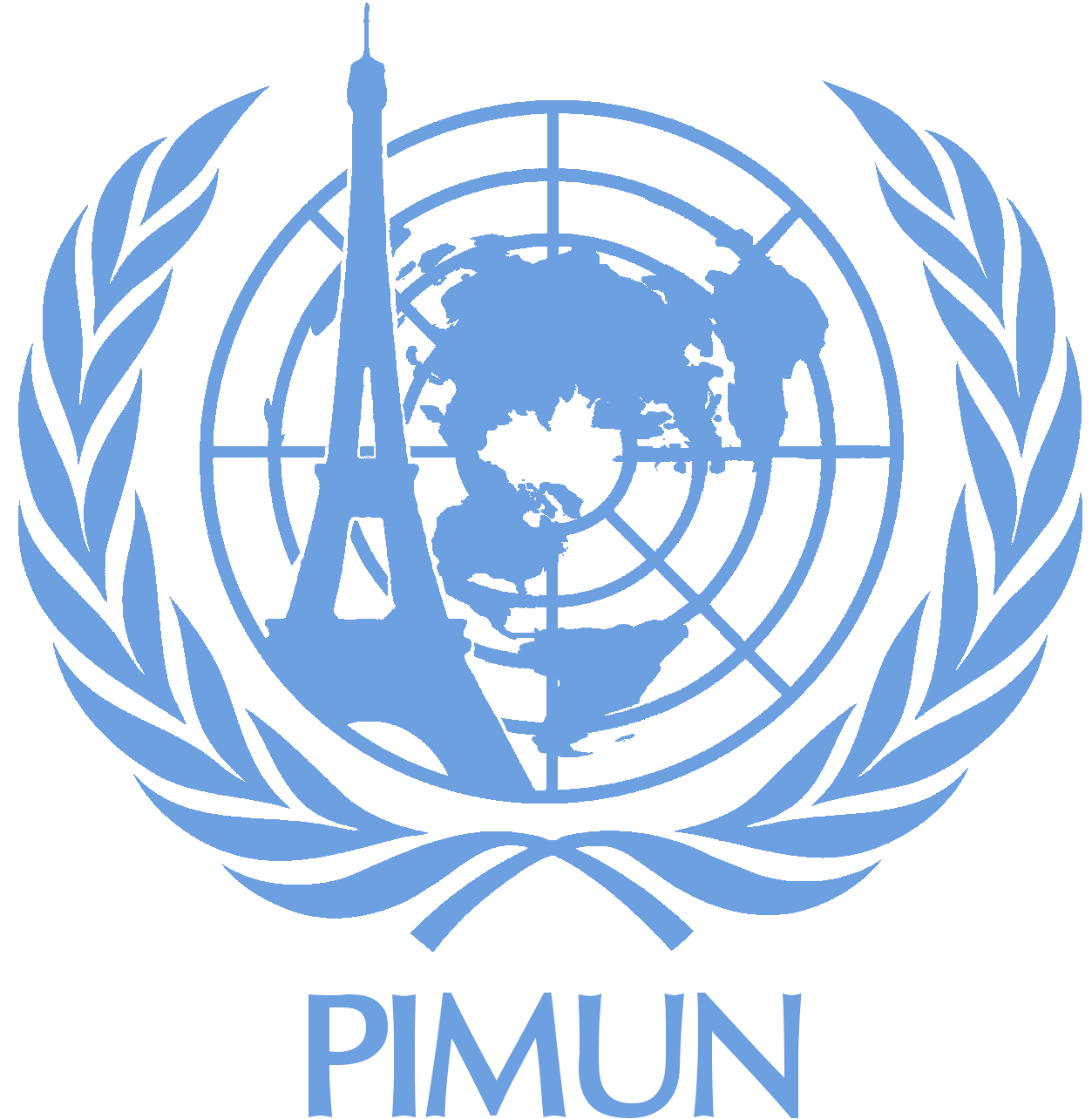WHAT IS CRISIS?
Crisis operates under a slightly different format than a regular Model UN committee. Here, delegates do not necessarily represent specific countries or organisations, but rather act as specific individuals and characters organised into cabinets, which simulate an historical (or a hypothetical) event in real time. In this Crisis, we will have chair-delegates, who act as Heads of Cabinets. For example, the chair of a contemporary French cabinet in a Crisis simulation would take the role of Emmanuel Macron, whilst a delegate would play the role of other important national figures, such as ministers, military commanders, influential businessmen and etc. On the other hand, we will have a United Nations Security Council, that will work in a more traditional MUN-way.
The intensity and fluidity of Crisis make it one of the most challenging committees for both chairs and delegates. Not only do the delegates require a deeper knowledge of their topics, but also must be ready to react quickly to changing circumstances, and have the ability to persuade others to follow their course of action. This demands not only the usual qualities of a MUN Delegate, but also requires the ability to accurately assess risks, analyse situations and keep track of various developments.
PIMUN’S 2022 CRISIS
The Lebanese Civil War
Lebanon, 13 April 1975.
You just received the information: A bus in Ain el-Remmaneh has been attacked. A clash between Lebanese Christians and Palestinians happened. Tensions between communities are at their peak. How will you handle the situation?
This year, at PIMUN 2021 you will be able to reenact a contemporary historical crisis committee: The Lebanese Civil War. Travel in time with us and try to change the faith of this country by representing a famous political leader or even a member of the UNSC. Your goal? Succeed on your global, national and personal objectives.
PIMUN 2022 would like to set up a new standard for Crisis. You WILL be roleplaying and will even help design your character before the conference. If you apply as a delegate (only 25 spots maximum) you will have to have a Skype call with a member of the team to identify a global objective, two national objectives and one personal objective. Furthermore, chairs in cabinets will only have their chairing position for the first day. Then, they will become leading characters but won’t have more information than delegates.
CABINET CHAIRS: You will only be academically chairing for the first session of debate. Then you will academically be considered as any other delegate and actually be in the run for awards (which will no be giving out). For the rest of the conference you will still administratively be considered as a Chair and will be responsible of the committee (to respect the schedule and so on).
UNSC CHAIRS: There will be two UNSC Chairs. You will chair this committee quite like a normal GA committee (points and motions) but will have to deal with the news update and will be able to invite delegate from cabinets to talk in your council.
BACKROOMERS: Each back roomer will have a specific mission they will have to fill (responsible for one of the committees, responsible for tracking the military movement and update the map, etc.). This way everyone will always have something to do and therefore never be bored. Furthermore, all main decisions will be made on a collegial stance, therefore backroomer will be part of taking decisions.
